Trust in the Workplace: Is It Possible?
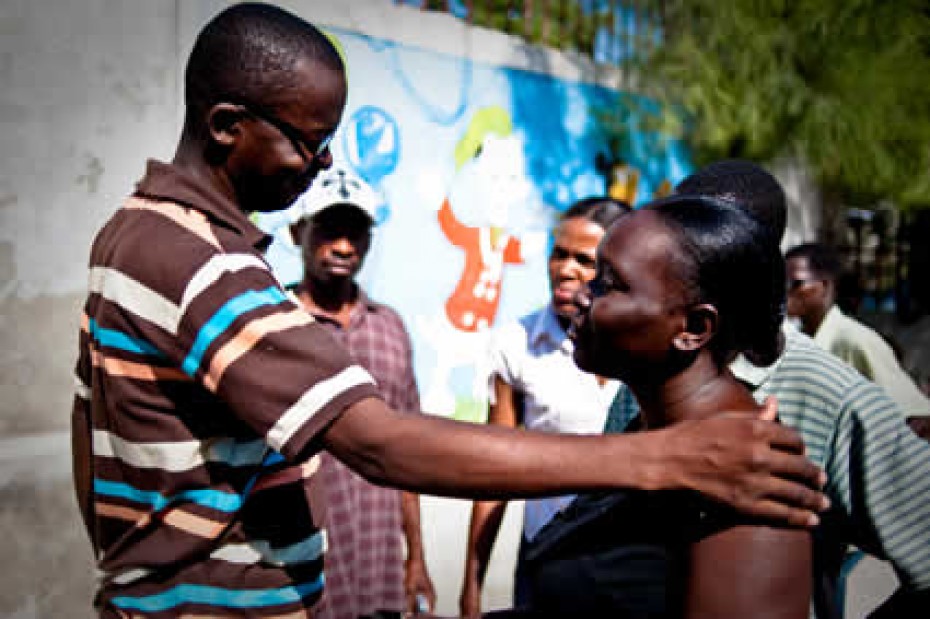
Everyone wants to be trusted for their character and their competence. But in our relationships with each other, we often say or do things that can easily undermine trust.
Continue Reading ›How Do I Share Holiday Traditions With My Sponsored Child?

We often get questions in our contact center regarding different holidays. Things like, “What are some holidays that are special to my child?” Or, “To be sensitive to my child’s culture and customs, are there things I shouldn’t talk about?”
Continue Reading ›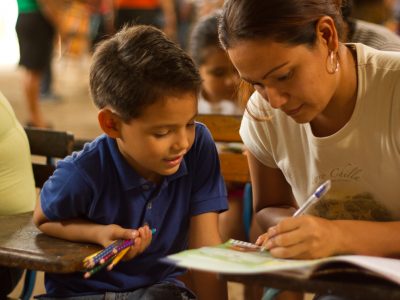
How do Cross Cultural Differences Affect Letter Writing?
Writing is not usual in Nicaragua. At school, letter writing is taught but never practiced. So it is difficult for tutors and children in child development centers to get in the habit of writing letters three times a year.
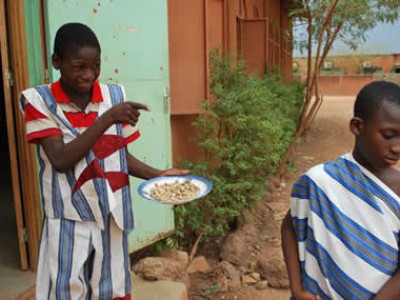
The Tradition of Rakiire in Burkina Faso
What is Rakiire? Rakiire consists of two people within the same big family or between two different ethnic groups telling jokes that are often very sour and border on insolence.
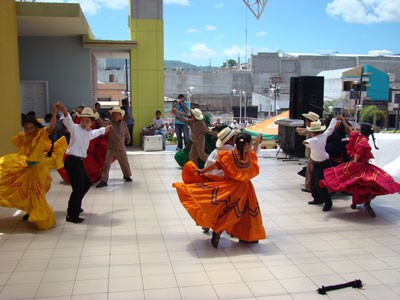
Celebrating Christ and Honduran Culture
One priority of the celebration is to present the gospel through the living testimony of children who are registered in different child development centers. One by one, groups from every center head up to the stage for a special cultural and evangelistic presentation, including messianic dances, mimes, choreography, and songs to exalt the name of Christ.
Non-Traditional Family Traditions
Many of Compassion’s sponsors are young families. Our family fits that category with children 9, 6, 5 and 2 years old. Not only do we want to help little ones overseas, my wife and I want our own children to realize the hope-stealing effects of poverty. We want our kids to understand poverty to a point where they’re compelled to do something about it both now and later.
Do you think this way? What traditions have you started in your own home to cultivate an understanding of what the poor go through in the developing world? We’re just starting out, and I know we can get more consistent, but here’s a glimpse of what we do:
-
- I made an 8-by-10 print of this picture taken by Tonny Tunya. It’s in our dining room. Occasionally, we pause to see whatever we’re facing through the bright eyes of these children whose playground is a garbage dump in Indonesia. At best, our conversations are speculative. But there’s truth in these talks, too. And our perspective is refined bit by bit.
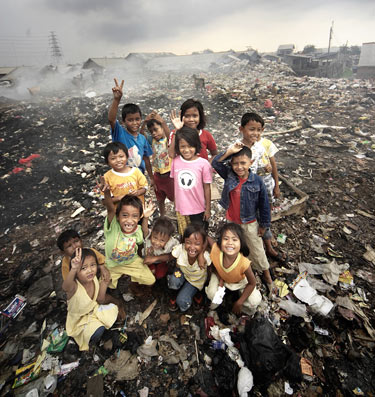
- When we sit down for a meal and make the effort to think about Karen, our sponsored child in the Philippines, and her family, our gratitude to God for the food in front of us grows deeper.
- We’re moving in the direction of connecting each one of our kids to a different sponsored child. They’ll get to minister and be ministered to through sharing words of hope, art and prayers. Who knows? Maybe our kids will be some of the few of their generation to have a true pen pal.
- I’m memorizing verses about children and the poor and my son is helping me. I hope that these scriptures sink in for him, too, and that seeing his dad take the time to do this would inspire him.
I’m sure there are many other ways to teach children about poverty through day-to-day life. I’ve heard of kids initiating fund raisers and families who rethink gift-giving at Christmas. Some of these families have even gone on one of Compassion’s sponsor tours to see it all with their own eyes.
Would you take a few moments to share your traditions? It’s OK if you don’t do them 100 percent of the time. None of us do. But we want to. And it’d be great to learn from others. The kids need it. Ours and theirs.

Cultural Compassion
“Given the extensive comments in the Bible regarding the importance of taking care of the poor, we expected to see a larger distinction between the responses of born-again Christians and non-Christians.” – David Kinnaman, president of the Barna Group


